The growth of the electric bike industry continues at a supercharged pace.
Electric bikes now span almost every cycling discipline, with ebike sales accounting for more than 23 per cent of all bicycle sales in the UK in 2020, according to Mintel.
The future, it seems, is electric for many riders – and the bike industry, cycling campaigners and politicians agree.
To find out the reasons behind this growth, why ebikes may present the future of transport, and what can be done to make electric bikes more accessible, we spoke to two of the industry’s biggest brands, Specialized and Brompton.
We also discussed an electric future with cycling charity Sustrans and Selaine Saxby MP, the co-chair of the UK’s All Party Parliamentary Group for Cycling and Walking.
More ebikes, more cyclists

Specialized launched Globe Bikes, an electric cargo bike brand, in September and Saul Leiken is global category leader across both brands.
He says: “Ebikes really shrink the city.
“Even an analogue bike shrinks the city, but it can be a little bit daunting to ride all the way across town, especially for your average person.
“Ebikes really help bring areas of the city that you tend to think are further away from you a lot closer.
“You don't have to put in quite as much effort and you have the ability to carry a lot more stuff with you.”
Brompton’s head of design, Will Carley Smith, says electric bikes “fit in seamlessly” with the company’s goal of “helping people get around cities unencumbered”.
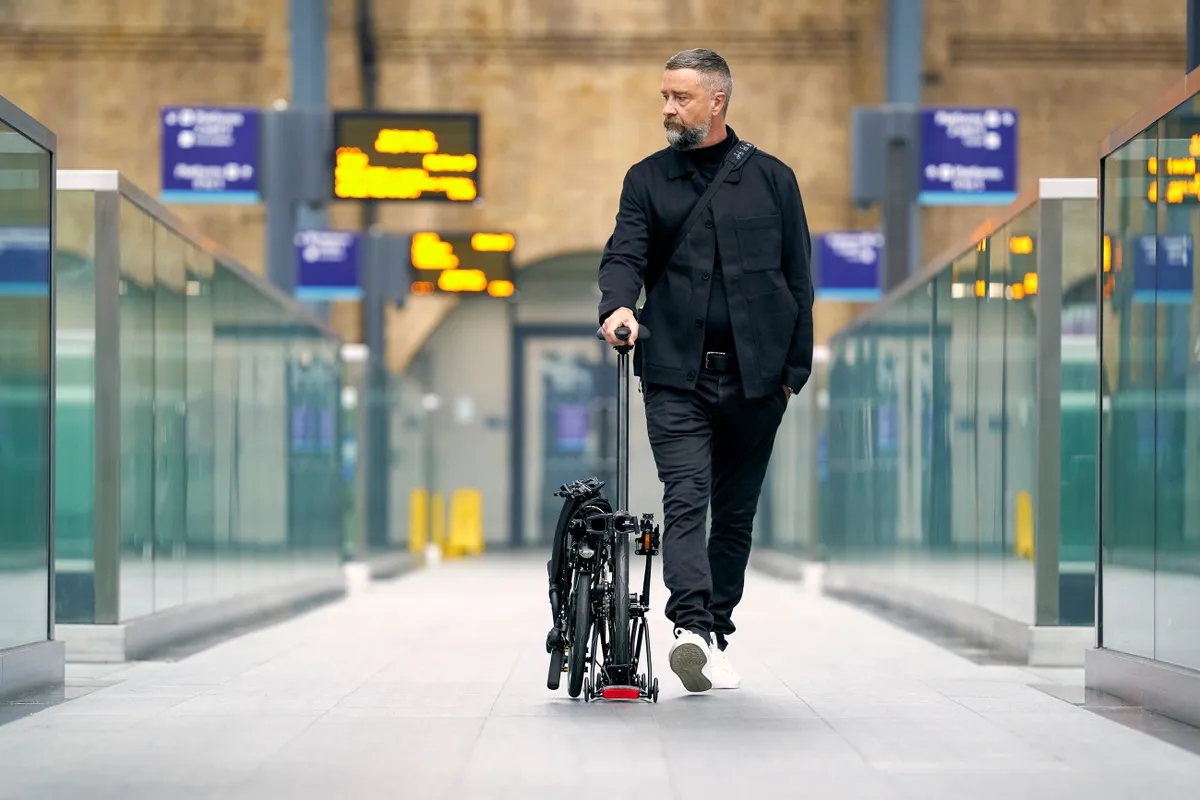
Carley Smith echoes the sentiment of the company’s CEO, Will Butler-Adams, when announcing the new Brompton factory and the launch of the Brompton P Line Electric, the brand’s latest electric folding bike.
Carley Smith adds: “Electric bikes are entirely consistent with giving people transport solutions and autonomy.
“We want to give solutions to as many people as possible and some people have different needs.
“A lot of people cycle in the city to a meeting, where you don’t want to turn up having done a lot of exercise.
“Being able to adjust the amount of effort you put in is super-useful.
“In terms of access, some people might live in a city like Zurich or Sheffield where cycling just isn’t feasible without the electric motor because of the topography.
“And if you haven’t cycled for 40 years, the idea of cycling 40 miles is terrifying.
“But you know an electric bike has got your back.”
Increased active travel, lower car usage
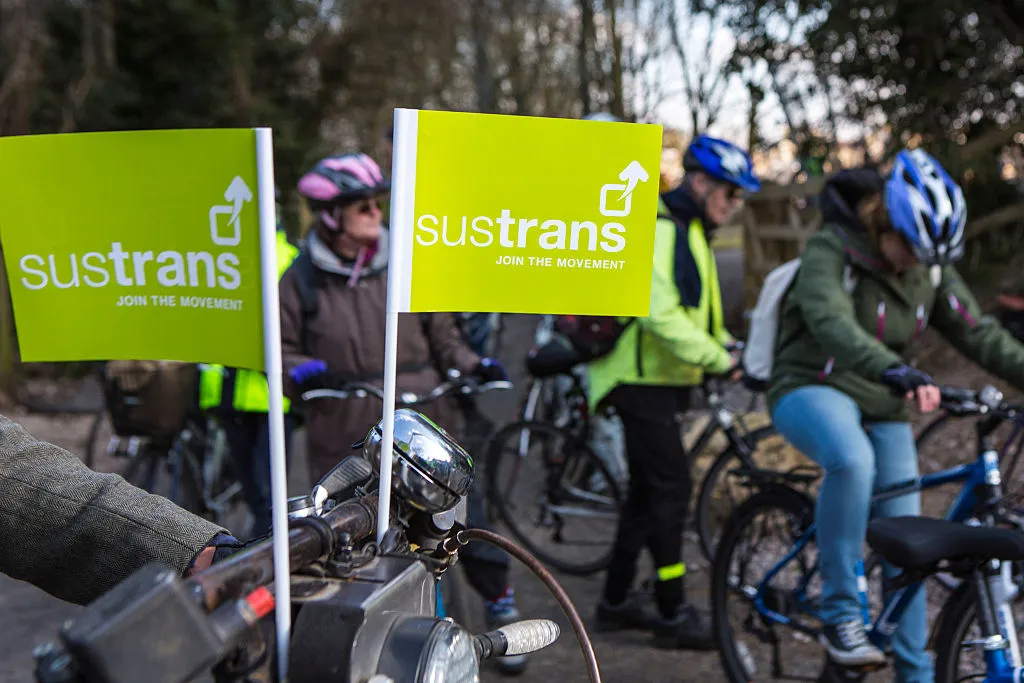
Emily Sinclair, liveable cities and towns officer for Sustrans Cymru, agrees that electric bikes allay the anxiety of getting back on the bike.
Sustrans runs the Welsh-government funded E-Move pilot scheme, which loans electric bikes for free to people for a month.
Sinclair says the scheme has encouraged people back to cycling who, for reasons ranging from low confidence to health, would be unable to ride an unassisted bike.
She says: “A lot of people haven't actually been on a bike for a while, so that's quite daunting.
“Having that boost, they'll feel more confident trying a bike for the first time again.
“Some people have had health conditions and it's helped them get back on a bike as a kind of rehabilitation.
“Other people may have a long-term illness, like fibromyalgia, and get tired quite easily.
“They can't go on a normal bike because they might be reasonably fit one day and exhausted the next day.
“Electric bikes give them confidence to ride because they’ve got the electric assist, if they really need it.”

Sinclair says participants in the scheme have been using an electric bike for fitness, and for improving their mental health.
“We found people have definitely seen benefits for their health and wellbeing,” she adds. “Instead of going by car, now they can take a trip on the bike.
“People say it's reduced their isolation as well.”
The scheme has raised active travel by 25 per cent, according to Sustrans, while reducing car travel by more than a third.
Selaine Saxby MP, who co-chairs the All Party Parliamentary Group for Cycling and Walking, says electric bikes are valuable to her constituents in North Devon, a rural area of south-west England.
She adds: “In a constituency like mine, which is very, very hilly, and the average age of my population is significantly higher than in London, you instantly see the benefit of an ebike.
“An ebike opens up cycling as a mode of transport and also extends the lifetime of cycling.
“For many people who might have cycled when they were younger, taking an ebike enables them to continue tackling our trails.
“Then, from a city perspective, it increases the distance people can ride and it’s a way of decarbonising journeys.”
Motor vehicle alternative
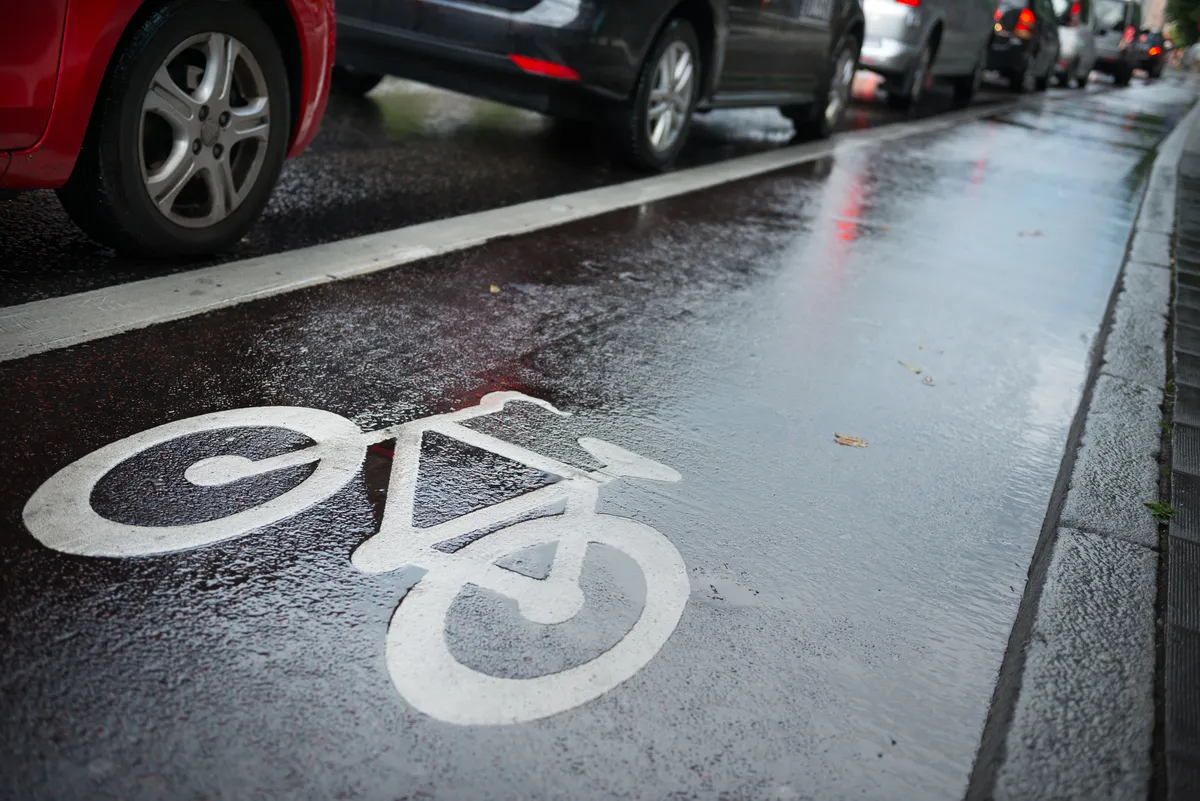
Sinclair says the E-Move scheme has underlined, for some participants, how an electric cargo bike can replace a car for individuals, and a van for businesses.
The scheme offers the loan of a Tern GSD, which can carry two children on the back.
Sinclair says people have contacted her after seeing “how it’s possible for them to actually take their children out without needing the car”.
She adds: “That's had a big impact.
“The visibility to people who don't normally cycle has made them ask whether they should be perhaps walking a bit more with their kids, or actually trying to loan a bike from me.”
Sinclair says participants in the scheme have also experienced the benefits of the load-carrying capabilities of an e-cargo bike, including trips to garden centres to put compost on the back.
“With the cargo bikes, you can manage those kind of things,” she says.
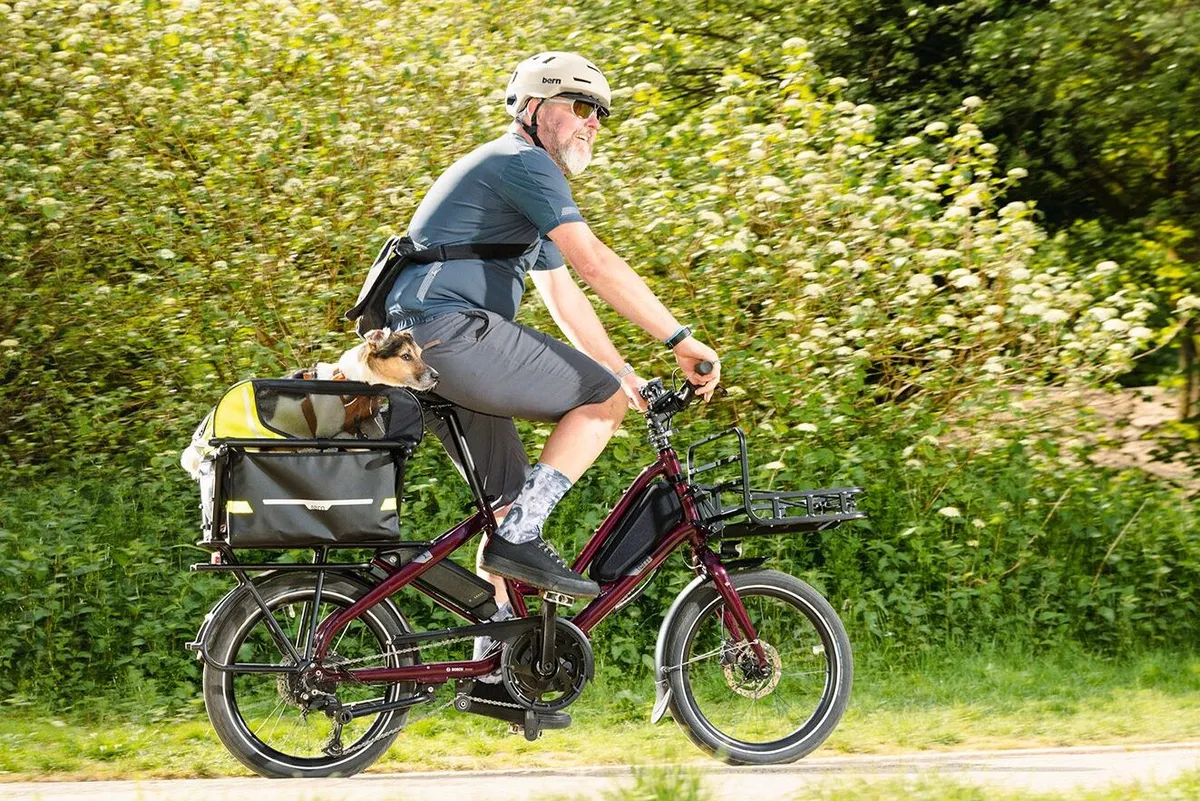
Businesses, such as bakeries and farm shops, have also used electric cargo bikes to make deliveries while reducing their petrol costs, according to Sinclair.
Cargo bikes are key to Specialized’s launch of Globe, says Leiken, who believes the load-carrying capability is key to shifting people away from cars for everyday use.
“Most cars, even a small smart car or something, have a trunk.
“In order to help increase the adoption of bicycles as transportation we need to provide a way for people to bring stuff with them that's easy to use.”
Brompton’s head of design has the same vision for his brand’s bikes. Carley Smith says electric bikes “enable you to do car-like things, like carry cargo and family”.
Greener and safer
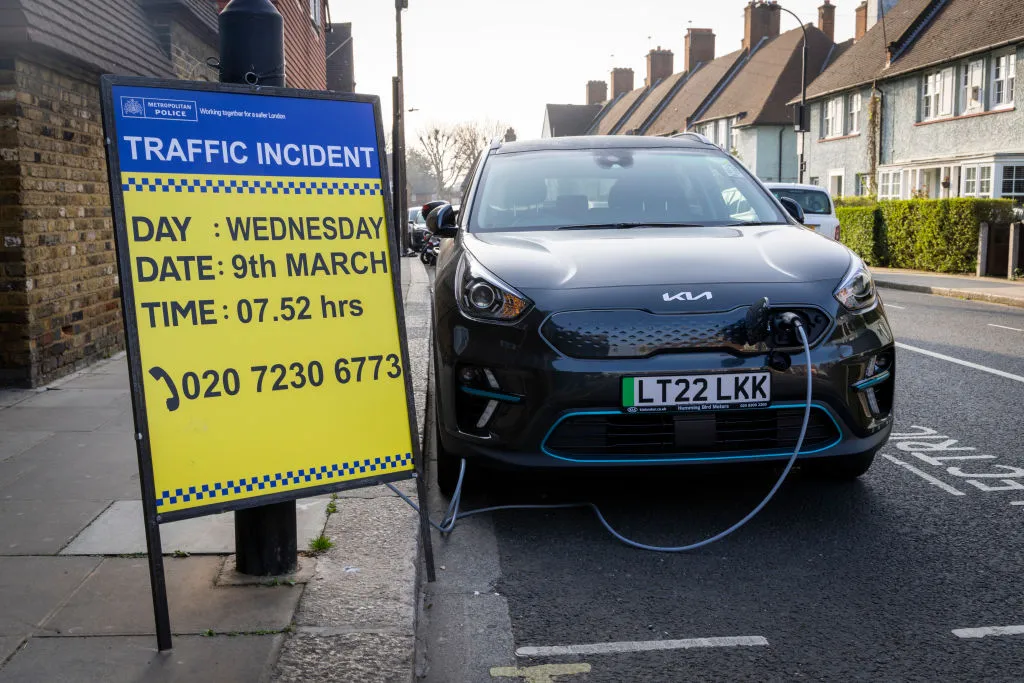
Because they don’t produce emissions in motion, electric bike motors make cycling’s environmental impact much lower than greenhouse-gas spewing petrol cars.
Although an electric bike battery has “embedded carbon” from manufacture, the battery is “minute” compared to an electric car’s, says Brompton’s Carley Smith.
Electric cars are often touted as a panacea, but as Specialized’s Leiken explains, they retain some of the “ills any car would have”, notably issues around congestion and parking.
He says their heavy weight damages city streets, which need to be repaired with tax-payer money.
“Electric cars are still cars,” he adds.
“Not only do [electric bikes] have all these wonderful benefits for the environment and for the ease of city life, but they are also much better for people living long, healthy lives compared to cars.”
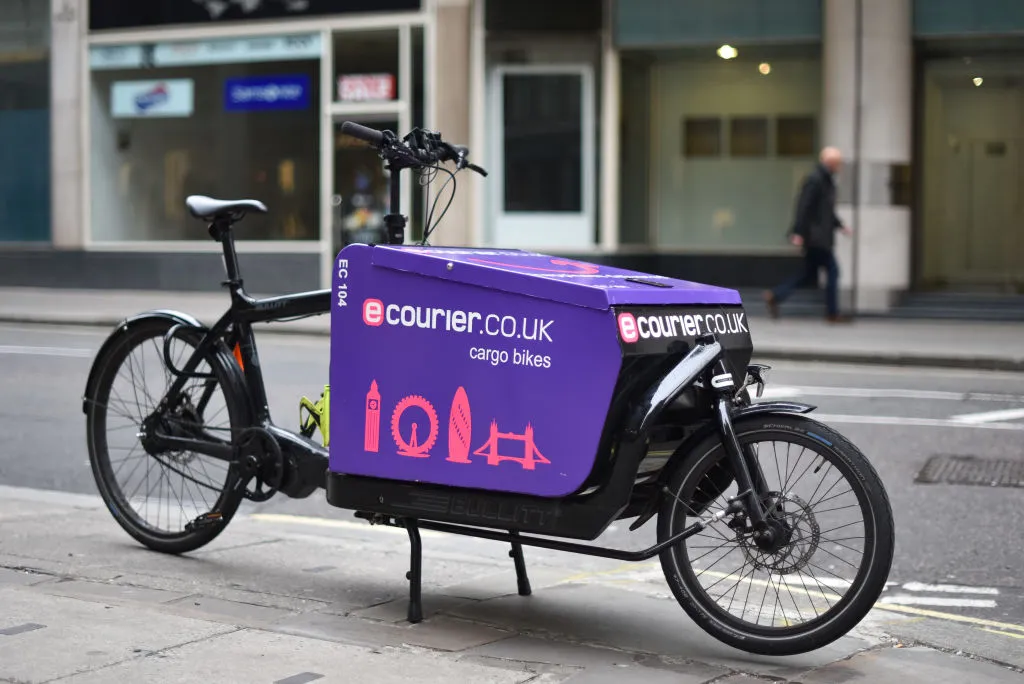
Carley Smith argues the benefit of electric bikes to cities is “screamingly obvious”.
“In the future of cities, even with electric cars solving some of the air-quality problems, it just doesn’t work,” he says.
“You can’t have a city full of electric cars – you have still got gridlock [and a] lack of safety."
He adds: “The future of cities has got to be something better than that. The future of cities is going to be small electric things whizzing around.”
Increasing the uptake of electric bikes
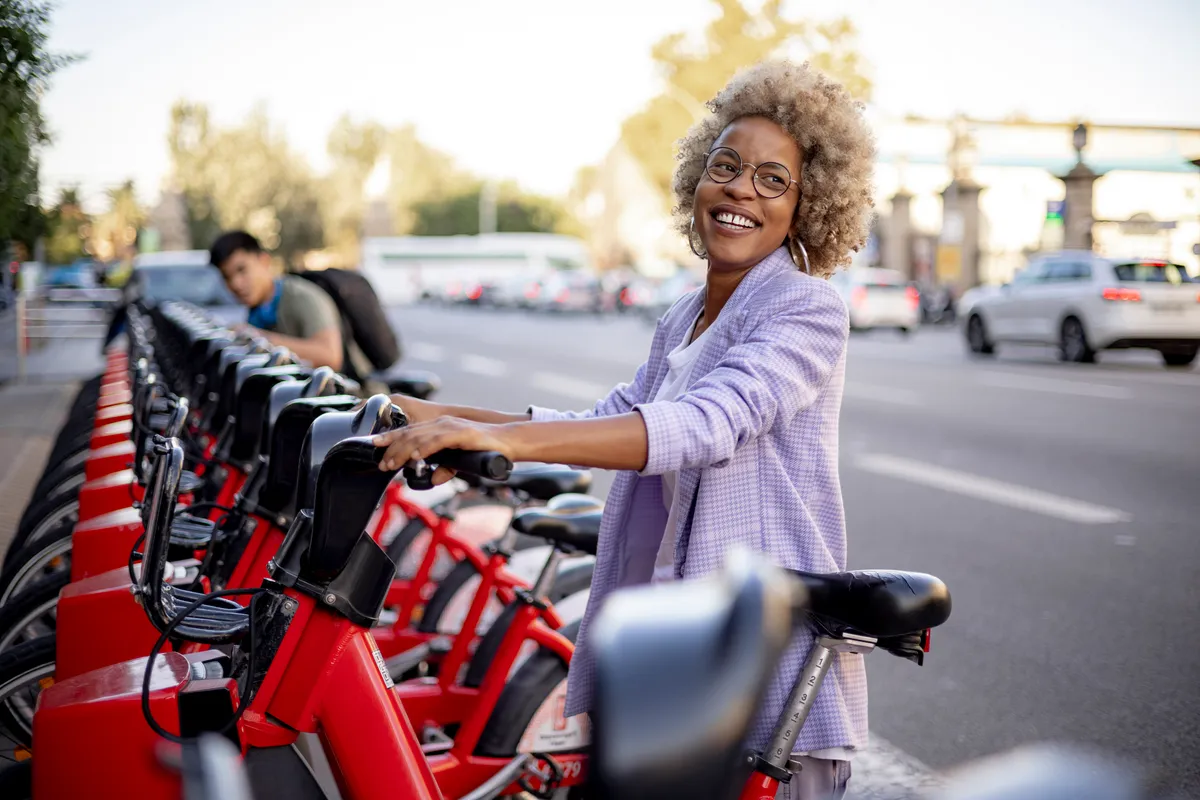
Bemoaning the lack of electric bike subsidies, Carley Smith says: “Electric bikes are products that are a benefit for the user as well as, I would argue, to wider society.
“They make cities cleaner, nicer, safer, less congested.
“There is a strong rationale for getting people out of cars onto electric bicycles and it feels like legislation needs to catch up with technology.”
Electric bikes are ready to go mainstream, says Carley Smith, while Saxby would like to see parity between electric vehicles and electric bikes. This, in part, can be driven by policy, she says.
The latter are currently excluded from the UK government’s plug-in vehicle grant, which provides a discount on low-emission vehicles.
What’s more, Saxby wants employers to be helped to make their Cycle to Work scheme more generous to include electric bikes.
The initial £1,000 cap has been removed, but some employers retain an upper limit, of £3,000 for example, which makes some electric bikes harder for employees to afford.
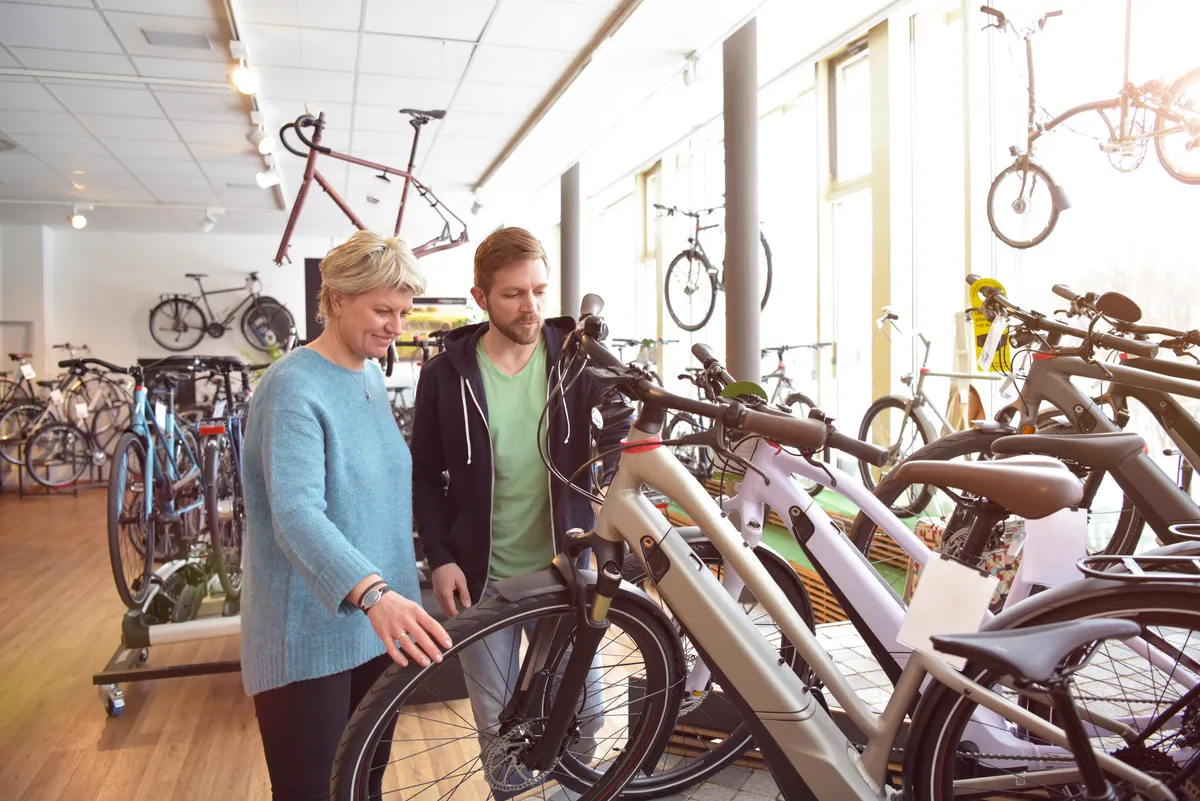
She says: “If electric bikes are to be included in the scheme, the ceiling needs to go up.
“I don’t think we mind which scheme it goes into, but we need to recognise we have new modes of transport that need to be reflected in the schemes we’re offering.”
Affordability and accessibility is key. For Sustrans’ E-Move scheme in Wales, once the 30-day electric bike loan has ended, Sinclair says people who have enjoyed using the bike do not always have the means to buy and store one.
Not every employer offers the Cycle to Work scheme and electric bikes are difficult to carry up stairs and keep safely in communal areas of social housing, Sinclair says.
Beyond affordability and accessibility, a mindset shift is ultimately required, according to Leiken, if ebikes are to have widespread global appeal.
“We really should be talking about the bikes as affordable, accessible, lifetime value things,” he says.
“When you consider it as a vehicle, even a $3,500 bike, when you think about all the use you get out of it day in and day out, it's way more affordable than a $35,000 car, right?”

